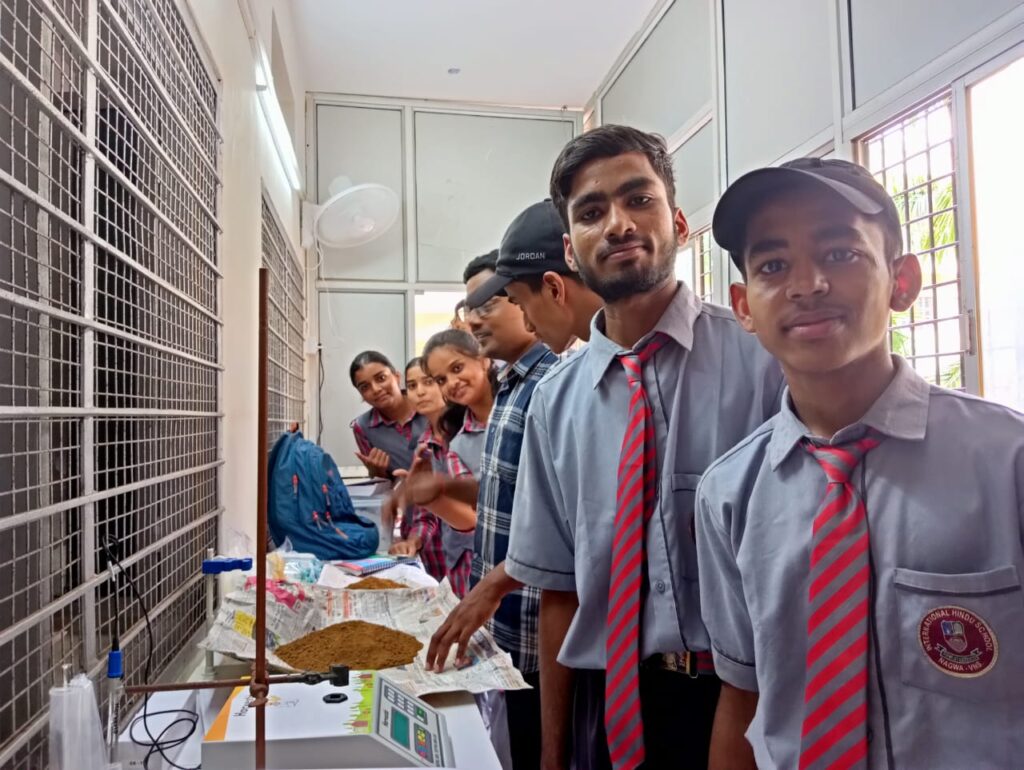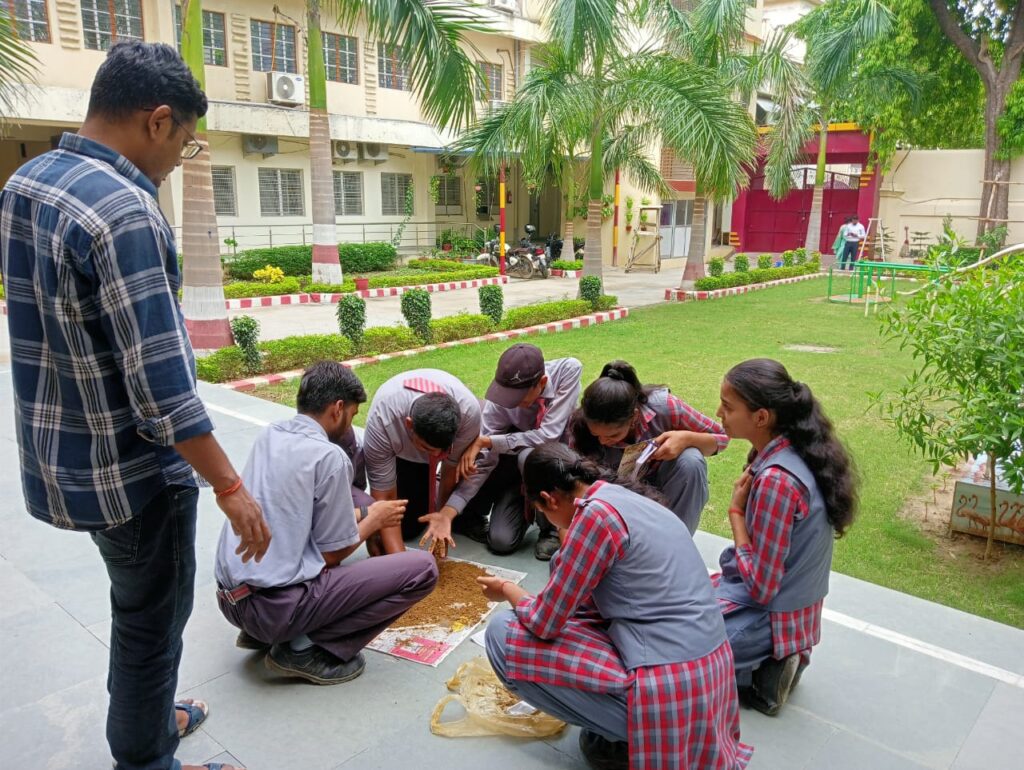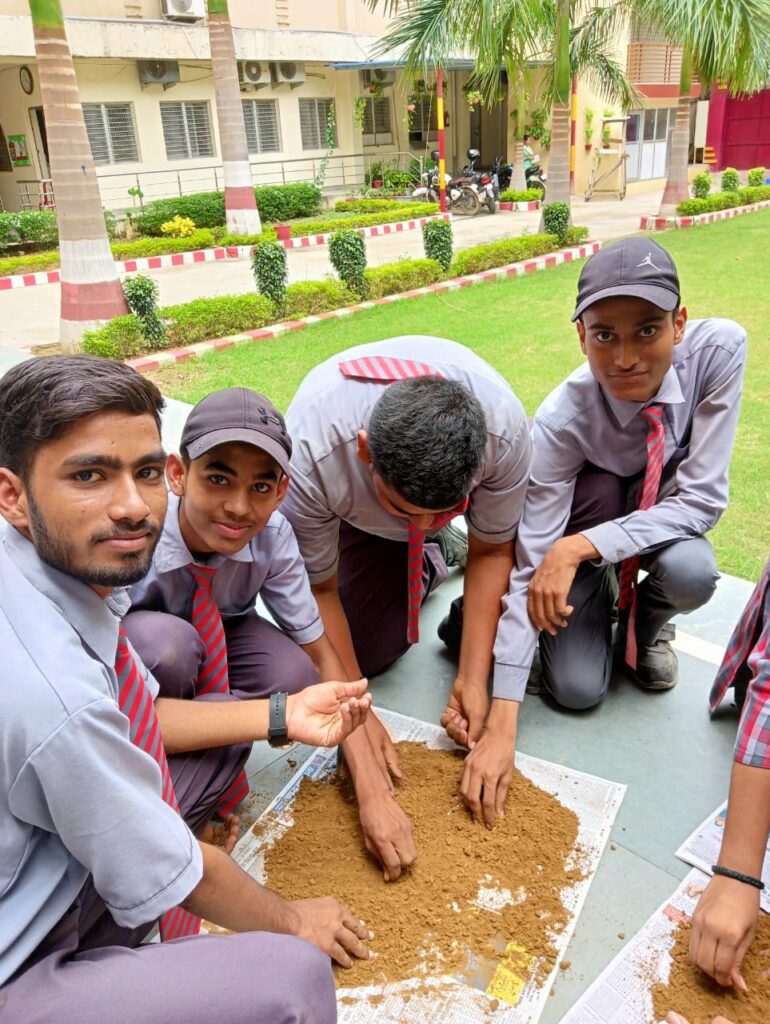Soil Testing Lab
We have a Soil testing Laboratory where we train our Agriculture students for soil testing and we give them Soil testing certificates.
A robust soil sampling strategy is essential for all assessments. Samples should be taken at least once per crop rotation and at the same time point in the rotation. Soil properties can vary even in small areas, so it’s important to collect representative samples.
Testing
There are many different types of soil tests, including:
Moisture content: Determines the amount of water in the soil, which is useful for evaluating soil’s suitability for construction, agriculture, and geotechnical engineering
pH: Determines whether plants need more acid or alkaline
Salinity: Helps understand the suitability of lands for agricultural activities
Analysis: Soil analysis can reveal the amount of plant-available macro-nutrients in the soil, and can help inform fertilizer decisions.
Soil testing can help reduce risks in the soil, such as soil erosion, soil infertility, and degraded lands. It can also increase farm profitability in the long-term.




